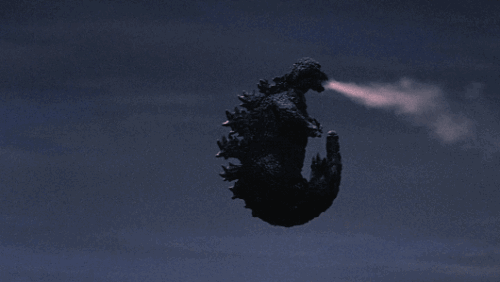by Gabe Allen on 4 June 2024
- In Utqiagvik, Alaska, the Iñupiat rely on whaling and subsistence hunting for the bulk of their diet, a practice dating back thousands of years.
- Powered by mineral wealth, the Iñupiat-run North Slope Borough Department of Wildlife Management employs a collaborative team of scientists and hunters.
- Though the arctic is warming nearly four times faster than the global average, the Iñupiat are confident in their ability to adapt their practices to changing conditions.
- The Department of Wildlife Management provides a potential model for collaborations between Indigenous peoples and western researchers — with Indigenous leaders in charge of funding and resource allocation.
For a few days each June, the saltwater wind that blows over the fairgrounds in Utqiagvik, Alaska mixes with the smell of coffee, salmonberry pie and fresh whale meat.
The festivities start early and end under the midnight sun during Nalukataq, the annual whaling festival. By noon, the tables at the center of the fairgrounds are filled with slabs of whale blubber, cauldrons of stew and baked goods — enough to feed the town for a month. After a prayer, crew members circle the fairgrounds and fill coolers with food. Meanwhile, captains trade turns making speeches, pumping up the crowd and singing songs into a megaphone.
The Prudhoe Bay oil strike of 1968 turned Alaska into a petroleum state, with the North Slope Borough at its epicenter. In order to offer contracts to oil companies, the federal government first had to settle outstanding land claims with Native groups across the state. In 1973, the Iñupiat emerged from the negotiations with immense mineral wealth, and the newly-founded Ukpeaġvik Iñupiat Corporation became a powerful player in the oil industry.
Around the same time, Alaska began the slow process of reforming its education system. A whole generation of Iñupiat had been stripped of their language and traditions. Now, a new generation had a chance to reclaim the practices that had almost disappeared. Chief among them was whaling.


